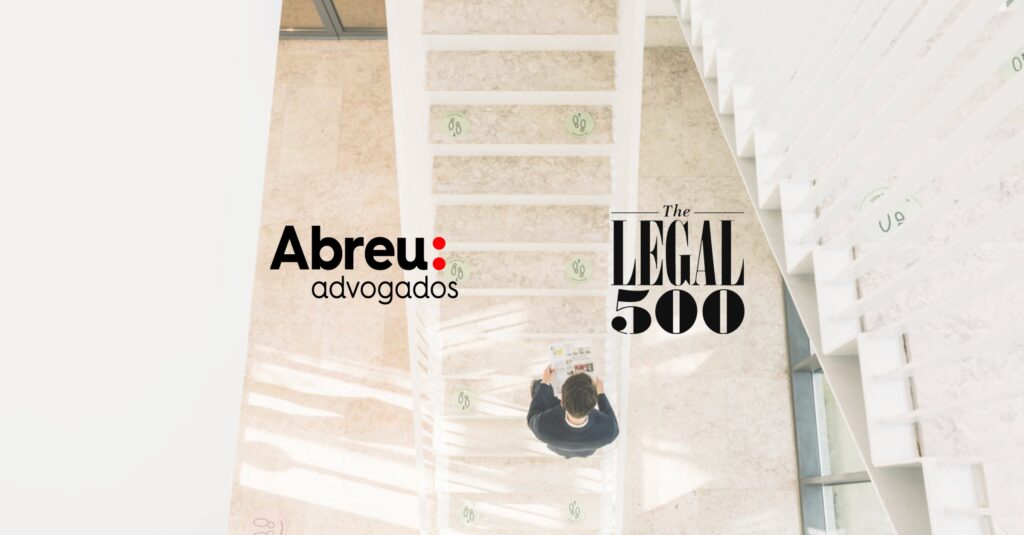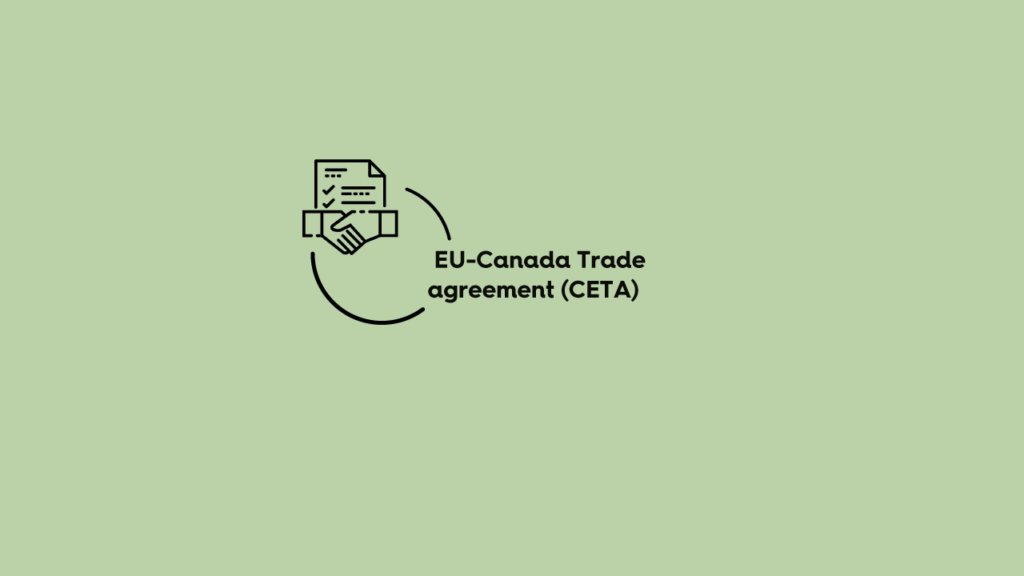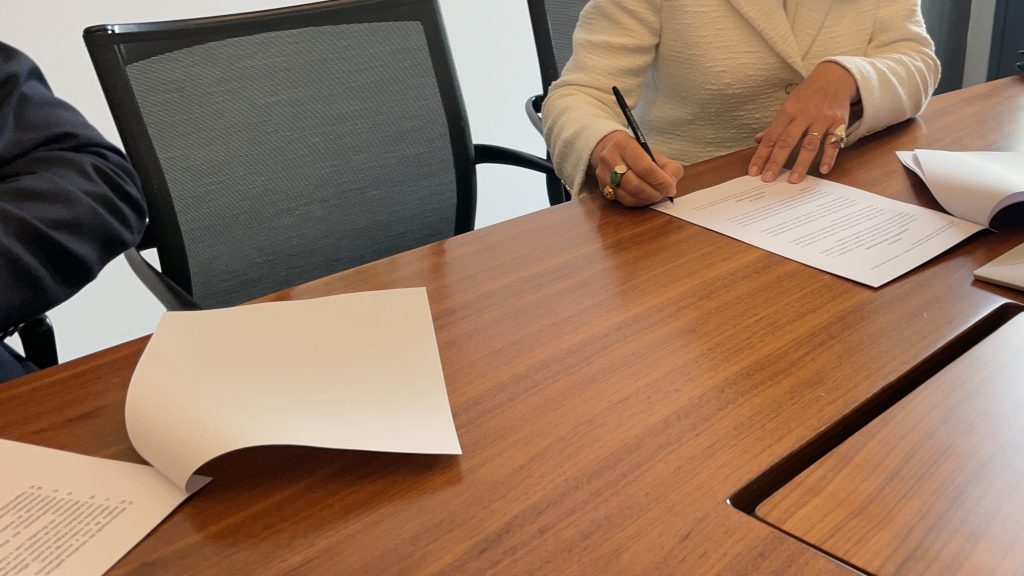15.04.2025
Practice Areas: Competition, Regulatory and EU
Mozambique’s Competition Regulatory Authority approves new Leniency Regulation
This newsletter was produced in partnership with JLA Advogados (a partner firm in Mozambique).
The Competition Regulatory Authority (“ARC”) approved, through Resolution no. 1/2025, of March 31, the Regulation of the Leniency Regime (“Leniency Regime”), thus implementing the provisions of article 26 of the Regulation of the Competition Law, approved by Decree no. 97/2014, of December 31.
This new law aims to strengthen the mechanisms for identifying and inhibiting practices that restrict competition, providing the ARC with an essential tool through which individuals, companies or groups of companies that carry out economic activity in Mozambique, or have an effect on it, can benefit from a possible reduction in fines[1].
Context
The Leniency Regime applies to infringement proceedings in the context of anti-competitive practices, namely agreements restricting competition, decisions by associations of undertakings and concerted practices, under the terms of articles 17 and 18 of the Competition Act.
It covers both offenders already targeted in ongoing proceedings and parties who, although potentially involved in the illegal practice, have not yet been formally subject to an administrative offense proceeding.
The Leniency Regulation consists of 12 articles, which clearly and in detail define the procedure and requirements for its application.
The conditions for the application of the Leniency Regime
The possibility of benefiting from the Leniency Regime is subject to the cumulative verification of the conditions set out in Article 3, namely the immediate cessation of the anti-competitive practice, the absence or insufficiency of evidence by the ARC, the confession of the infringement by the applicant and the provision of full and continuous cooperation throughout the procedure. The ARC accepts that the cessation of the practice may be postponed if this is necessary to safeguard the effectiveness of the investigation.
The reduction in fines
The Leniency Regime establishes a system for reducing fines, based on the chronological order of cooperation and the probative value of the evidence provided by the applicants. Thus, the first company to provide evidence of significant additional value may benefit from a reduction of between 50% and 70% of the applicable fine, the second between 30% and 50% and the third between 10% and 30%. In accordance with Article 4 (2), the ARC will assess the additional value of the evidence based on its relevance and level of detail.
The procedure
The procedure begins with the submission of a request for clemency in writing or by oral statements formalized at the ARC headquarters. The applicant must identify him/herself, describe the infringement in detail, indicate the participants involved and present the available evidence.
Whenever an application for leniency containing all the elements provided for in Article 6 of the Leniency Regime is submitted, the ongoing administrative offense proceedings are suspended for a period of 30 days in order to carry out a preliminary assessment of the application.
Conclusion
The entry into force of this new regime represents a significant institutional advance in the system for enforcing competition rules in Mozambique and is also a milestone in the legislative framework of Mozambican Competition Law.
An anticipated advantage of this mechanism will be that it will allow access to information on illegal practices, strengthening the ARC’s capacity to act on alleged infringements.
With this initiative, the ARC aligns itself with international practice and strengthens its institutional capacity to prevent, investigate and sanction practices that potentially harm competition.
Considering this new legal framework, it is advisable for companies with activities or businesses in Mozambique to review their internal competition compliance programs, implement effective internal communication channels and develop routines for continuous monitoring of risk situations.
In situations where there is evidence of involvement in anti-competitive practices, the feasibility of submitting a leniency application should be considered within the framework of a comprehensive business strategy.
[1] The system for defining and imposing fines is set out in article 29 of Law no. 10/2013, of April 11 (“Competition Act”).















































